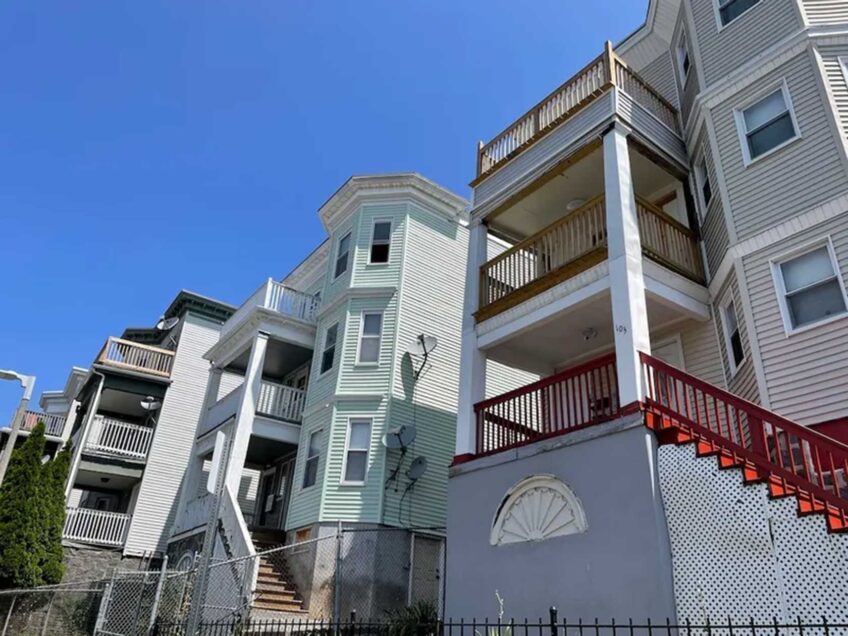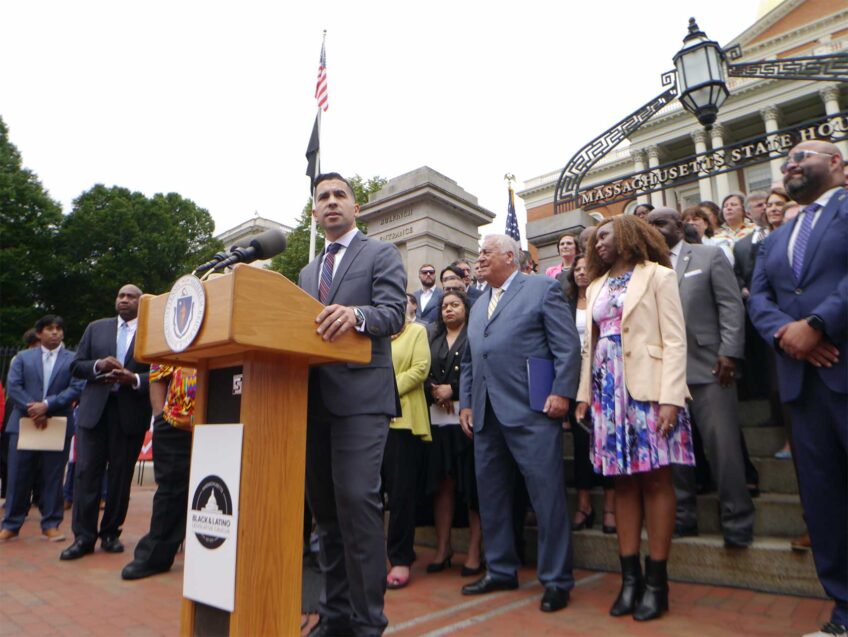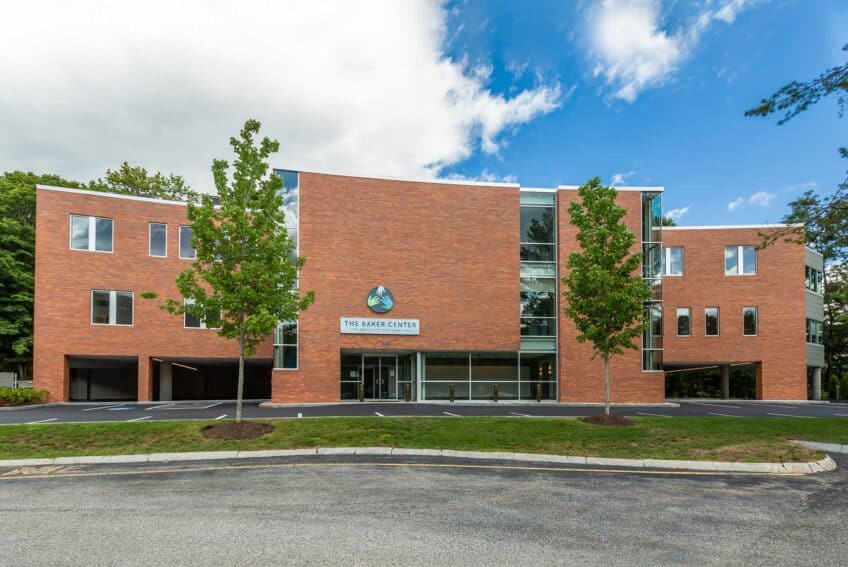Tillman has worked as a personal care assistant (PCA) for over 20 years, assisting disabled individuals throughout Greater Boston who live independently but still need help in their daily lives. The PCA program is paid for by MassHealth, the state’s Medicaid health insurance program. Tillman said that if Question 1 passes, many of her clients would no longer be able to participate in the program and many PCAs could lose their jobs.
“I help a little lady in a wheelchair affected by polio,” Tillman said. “If this ballot [question] passes, who will take care of her?
Tillman is just as worried about how the ballot initiative will affect her family. She is now raising her three grandchildren and one great-grandchild. Two of the children have learning disabilities and could potentially lose their services at the schools they attend.
“My property taxes will be impacted if this goes through,” she said. “People are not thinking about how this will impact everyday issues. Only a fool would vote for this.”
Celeste Allen, a member of the Association of Community Organizations for Reform Now (ACORN), has a similarly personal stake in voting no on Question 1.
A mother of seven, Allen said that she depends on the Women, Infants and Children (WIC) Nutrition Program — a federally-funded, state-run program that provides food, health education and other services to qualifying Massachusetts families.
“Mothers and children will not be able to make it without the state income tax,” she said. “The government will not help us if this goes through.”
With the daily headlines dominated by the financial downturn, ballot opponents hope voters will think about the economic disparities now facing many Americans and choose not to add an additional woe.
“Especially with Hurricane Ike and the problems on Wall Street, this is a concern for all of us,” said Alexander Levering Kern of Cooperative Metropolitan Ministries. “We all need to say no on this one.”
Opponents have launched a campaign of their own to defeat the measure, including a rally in Springfield on the steps of Northampton Town Hall and at a recently rehabbed school in Boston, according to Steve Crawford, a spokesman for the Coalition for Our Communities.
Unlike Howell’s group, Question 1’s opponents have the money on hand to take their campaign to the airwaves.
“We are trying to get the message out and build support for a campaign to fight this reckless proposal,” Crawford said. “We’re going to be using all of the tools that are part of a modern campaign. Television is certainly part of that.”
Material from The Associated Press was used in this report.






